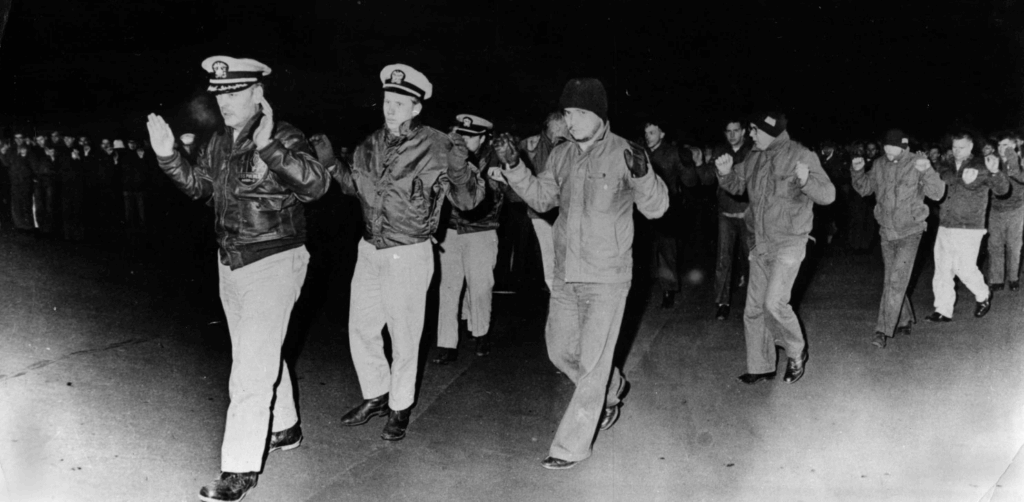North Korea, officially the Democratic People’s Republic of Korea (DPRK), is one of the most isolated nations in the world. This isolation, combined with its unique political system and deeply ingrained ideology, has led to a fascinating array of eccentricities and strict regulations that often seem unbelievable to outsiders, yet are very much a part of daily life for its citizens. Here are some of the most striking examples:
1. A Unique Calendar System

Unlike most of the world which follows the Gregorian calendar, North Korea uses the Juche Calendar. This calendar begins not with the birth of Christ, but with 1912, the birth year of Kim Il-sung, the nation’s founder and “Eternal President.” So, while it’s currently 2025 in most countries, North Korea marks the year as Juche 114. This system underscores the paramount importance of the Kim dynasty in the country’s national identity.
2. Mandatory Haircuts

For a period, it was widely reported that North Korean citizens were restricted to a limited number of state-sanctioned hairstyles. While some sources suggest this policy has become less stringent, the concept itself highlights the government’s pervasive control over individual appearance. Photos of “approved” haircuts, often distinct for men and women, have circulated globally, showcasing a level of personal regulation rarely seen elsewhere.
3. The World’s Largest Stadium

Pyongyang is home to the Rungrado May Day Stadium, which boasts the official title of the world’s largest stadium by seating capacity. With a capacity of over 114,000, it’s primarily used for the spectacular Arirang Mass Games, a propaganda performance involving tens of thousands of synchronized gymnasts, dancers, and performers. These elaborate shows are a powerful display of the nation’s organizational capabilities and dedication to its leaders.
4. The Three Generations of Punishment
North Korea is infamous for its harsh penal system, which includes the controversial “three generations of punishment” rule. Under this policy, if a person commits a serious political crime, not only they but also their parents, children, and grandchildren can be sent to labor camps. This collective punishment aims to eliminate any potential lineage of dissent, ensuring absolute loyalty and instilling deep fear of deviation from state ideology.
5. Control Over Internet and Information
Access to the global internet is extremely limited in North Korea. Only a small number of elite government officials and academics are granted permission. The general population has access to a highly restricted, government-controlled intranet known as Kwangmyong. This national network provides limited, censored information and services, effectively isolating citizens from outside perspectives and maintaining tight control over the narrative presented by the state. Foreign media, books, and films are strictly prohibited and can lead to severe penalties.
6. The Propaganda Village of Kijong-dong
Visible from the South Korean side of the Demilitarized Zone (DMZ), Kijong-dong is a village that North Korea claims is a thriving cooperative farm. However, outside observers widely consider it a propaganda village, or “Potemkin village.” While it features brightly painted buildings, electricity, and even a 160-meter flagpole, analysis suggests that the buildings are empty shells with no windows, and the lights turn on and off at fixed times, giving the illusion of habitation. It serves as a symbolic retort to the South Korean village of Daeseong-dong on the other side of the border.
7. The Cult of Personality
Perhaps the most defining and pervasive oddity is the intense cult of personality surrounding the Kim family. Kim Il-sung, Kim Jong-il, and Kim Jong-un are revered as god-like figures, and their images are ubiquitous. Citizens are taught from a young age to display absolute loyalty and devotion. All major decisions, achievements, and even aspects of daily life are attributed to the wisdom and guidance of the leaders, fostering an environment where dissent is unthinkable and reverence is paramount.
These are just a few examples of the many unique facets of life in North Korea, a nation where the line between the extraordinary and the everyday is often blurred.

